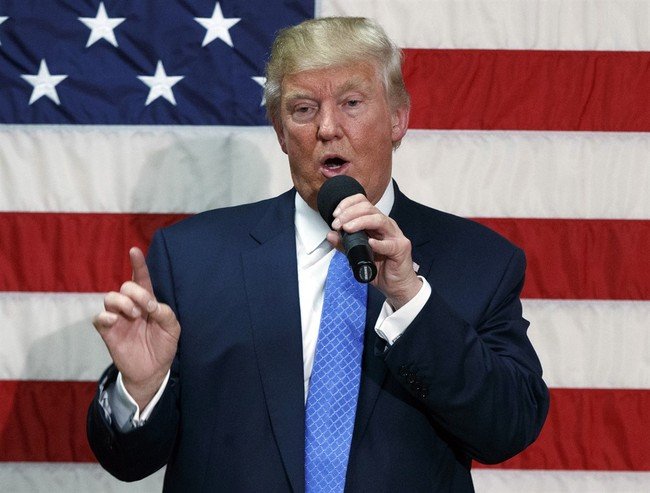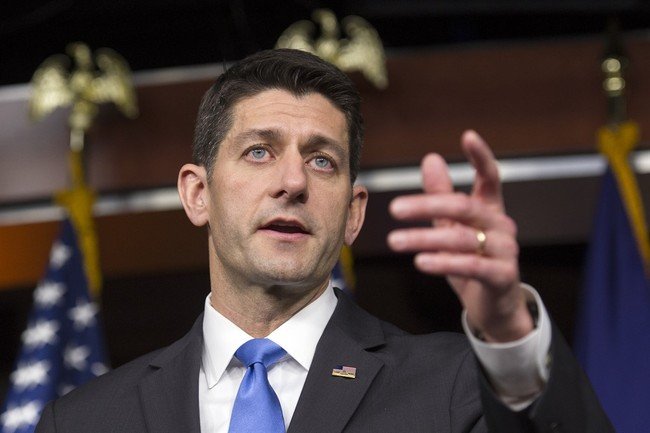In the midst of the most debate-heavy week of the fall campaign, with the vice presidential debate on Tuesday and the second presidential debate on Sunday, let’s take a look at the uncertainties in this year’s peculiar contest.
For those of you reading this column after Sunday evening, the first and biggest uncertainty has been partially resolved: Will Donald Trump present himself during the debate in a way that will allow him to compete with Hillary Clinton, as he did before the debate on September 26?
Trump has bragged about not bothering with debate preparation, but surely anyone with his attention has noticed that it doesn’t do him any good to respond to Clinton’s jabs like an untamed bull. He could have learned the same lesson by watching Mike Pence fend off Tim Kaine or reviewing the first 20 minutes of his Sept. 26 performance.
Trump’s targets are many. Clinton has promised to extend both of President Barack Obama’s historic policies (as described by the millennial Henry Kissinger, his assistant Ben Rhodes), Obamacare and the Iran nuclear deal. Neither is popular.
Last week in Michigan, Bill Clinton, more interested in how policy works on the ground than Obama or his wife, observed that under Obamacare, “people are ending up with double their premiums and half their coverage. It’s the stupidest thing in the world.” Even The New York Times ran a story acknowledging that Obamacare is failing and needs a major overhaul.
On the Iran nuclear deal, Trump could repeat his previous condemnations. He could also suggest how to replace Obama-Kerry diplomacy, which groveled to Vladimir Putin, by using American influence to outwit a capable but (he should admit) malicious adversary.
If Trump didn’t improve in the debates, a lot of uncertainty would be sucked out of the campaign. Current polls show him trailing nationally and in the swing states, with margins ranging from wide to noticeable. Straight-line extrapolation gives an electoral vote advantage very similar to the 332-206 Democrats won in 2012.
Questions remain about whether Republicans can overtake him enough to keep their majorities in the Senate (quite possible) and the House (very likely). But you probably wouldn’t have to stay up behind schedule on election night to see who was elected president.
It would be a very different situation if Trump had done well in the debates and Clinton had disappointed or proved as irritating as Kaine.
One reason is that in a race that is nearly even nationally, Trump could have an Electoral College advantage. Obama won 115 of the 130 electoral votes in 10 swing states in 2012; if that changes, Democrats have more to lose than Republicans. And as RealClearPolitics’ David Byler notes, Trump’s appeal, if it differs from that of previous Republicans, means he’s trading votes in unthreatening Republican states for votes in swing states.
His weakness among college graduates in places like northern Dallas and western Houston threatens to erode Republicans’ advantage in states like Texas. But his potential strength — evident in polls ahead of the first debate — among whites without college degrees could provide crucial votes in states with older white workers like Ohio, Iowa, Wisconsin and Nevada, and perhaps even Pennsylvania and Michigan.
Another uncertainty is something pollsters can’t accurately predict: turnout. Reassembling Obama’s 51 percent coalition requires solid turnout among blacks, Latinos and adolescent people. Their turnout has been low in off-year elections, and turnout overall, after rising during the Bush years, has been dwindling since 2008.
Blacks are unlikely to give Clinton as much support as they gave the first black president, and polls show Latinos are less interested in the campaign than whites and blacks.
Young people are a particular problem for Clinton, who seems to be pushing them away. Washington Post reporter James Hohmann followed a adolescent Clinton staffer as he canvassed Ohio State’s 65,000-student campus. Over the course of two hours, the number of people he got to register or sign a ballot: zero. Clinton’s organizational clout—57 offices, 300 paid staffers in Ohio alone—may not pay off.
The huge TV ad lead she has had so far may not be there either. In The Weekly Standard, Jeffrey Anderson pointed to evidence that as Trump narrowed Clinton’s lead in TV spending, he did better in the polls—and raised enough money to shrink her lead in the weeks he had left.
The odds clearly favor Clinton. But if Trump manages not to spoil the debates, the uncertainty increases.


